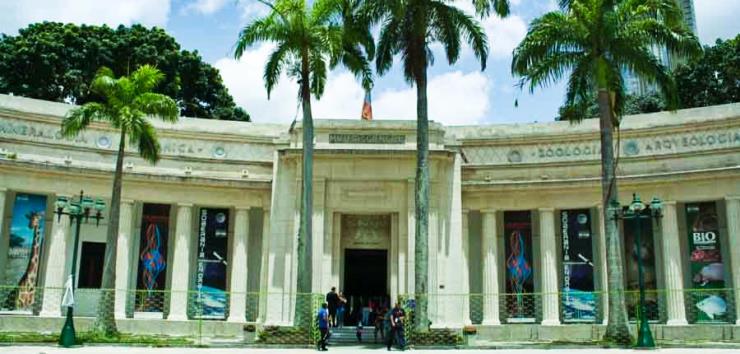
It has a patrimony in its custody of more than 150,000 pieces and specimens that make up its collections, among which are taxidermized animals, fossils from the Taima Taima archaeological and paleontological site (Falcón state), a wide variety of Venezuelan and African ethnographic pieces , among many other treasures.
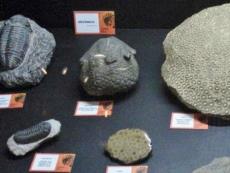
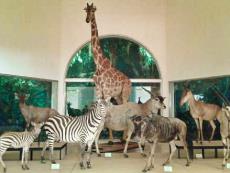
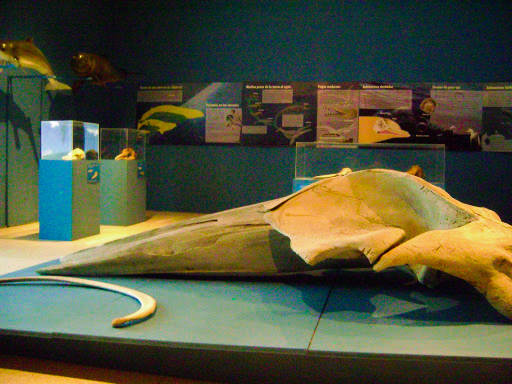
PROGRAM
Taxi driver will pick you up at your hotel and drive to the museum. Once there, you will have 1 - 1 and 1/2 hours, to explore the place (as you wish). Then, you will walk to the parking lot and finally, the driver will leave you at your hotel.
- 24,99$, if this tour is combined with Children's Museum or Museum Rally Mini Tour.
- 39,99$, if you only hire this Tour.
FEES
$25USD
for a group 1-4 people
The Way to Get There Safely
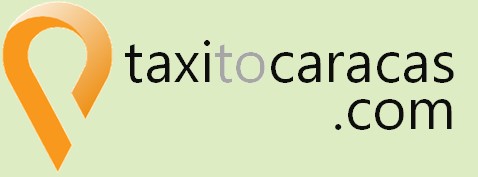
SCIENCE MUSEUM
TAXITOCARACAS'S
EXTRA MINI TOURS
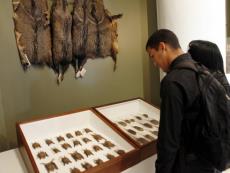
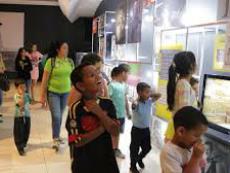
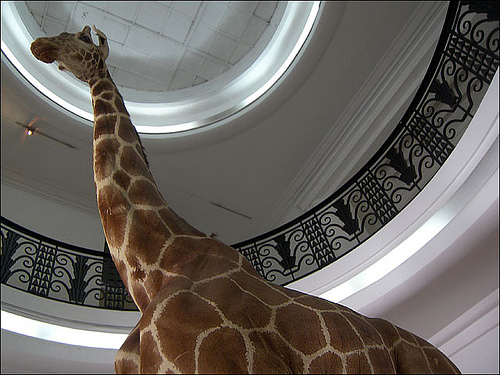
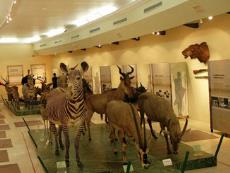
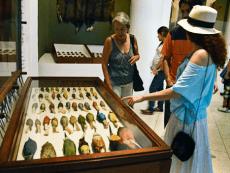
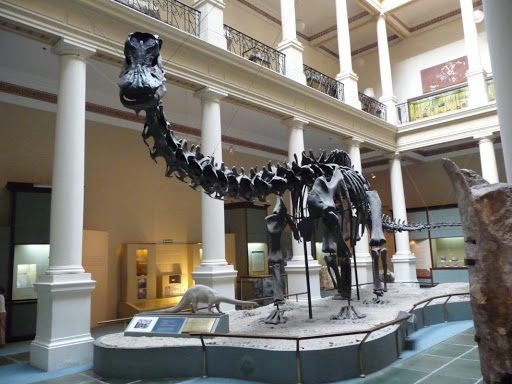
We are a company that offers secure transportation between Venezuela's Simon Bolivar International
Airport (CCS) and any location in the city of Caracas or any place in Venezuela Caracas airport maiquetia taxi Caracas city from airport taxi to Caracas airport maiquetia taxi Caracas taxi Caracas airport taxi Caracas airport taxi Caracas airport taxi to Caracas
@taxitocaracas
Its content is presented in 8 thematic areas:
Archeology. This collection represents, in some way, the cultural diversity of the past populations of Venezuela and other nations, such as Peru, Colombia, Denmark, among others. Its origin dates back more than a century, when the old National Museum was founded in 1871.
Ethnography. Without fear of being wrong, we can consider it as the oldest collection of ethnography in Venezuela. Its official beginning dates back to 1875, with the first descriptions of Gustavo Adolfo Ernst and even more, we find some background, in the "ethnographic trends" of the Society of Physical and Natural Sciences of Caracas. As for the objects or pieces of African or Afro-descendant origin, it was started in the year of 1954, regarding the donation of 350 pieces of the Belgian Congo made by King Leopold III of Belgium. Apparently belonging to Her Majesty's once personal collection.
Herpetology. This collection is made up of more than 1,400 amphibians (toads and frogs) and more than 9,500 reptiles (alligators, lizards, snakes, turtles and morrocoyes) from various regions of the country.
Ichthyology. This collection constitutes around 1800 freshwater and marine fish, mainly from the states of Amazonas, Guárico and Miranda.
Arthropods and Molluscs. The collection is made up of 14,782 specimens and is divided into four major sub-collections: the arthropods that includes insects (10,107 specimens including butterflies, grasshoppers, dragonflies, beetles, among others), arachnids (1,470 specimens, distributed in spiders, scorpions, opilions, ticks, and others) and myriapods (184 between centipedes and congo gorges); and the group of mollusks, with more than 3,000 copies.
Ornithology. 19 of the 20 existing orders in Venezuela are represented in the collection; as well as 268 genera of the 589 reported and approximately 600 species of the 1311 recorded in "A Guide for the Birds of Venezuela" by William H. Phelps Jr and Meyer de Schauense. Among some of the important specimens we have the species classified as "threatened with extinction": the stone-crested paují (Pauxi pauxi) and the Marguerite parrot (Amazona barbadensis); as well as the green macaw (Ara militaris), whose population is at risk.
Paleontology. The collection of fossil vertebrates (mostly mammals, reptiles and fish) has a volume of approximately eight thousand fossils. In some cases these are complete bones and diagnostic material; where the presence of the holotypes of several extinct species is highlighted. As for fossil invertebrates, mainly molluscs, their number does not exceed four thousand; finding, for example, from complete specimens to fragments and internal molds of the shell.
Mammalogy. This collection is made up of almost 3,000 samples of skins, skulls and viscera from different locations in the country and some from donations from abroad. Of the 46 families reported for Venezuela, 32 are represented